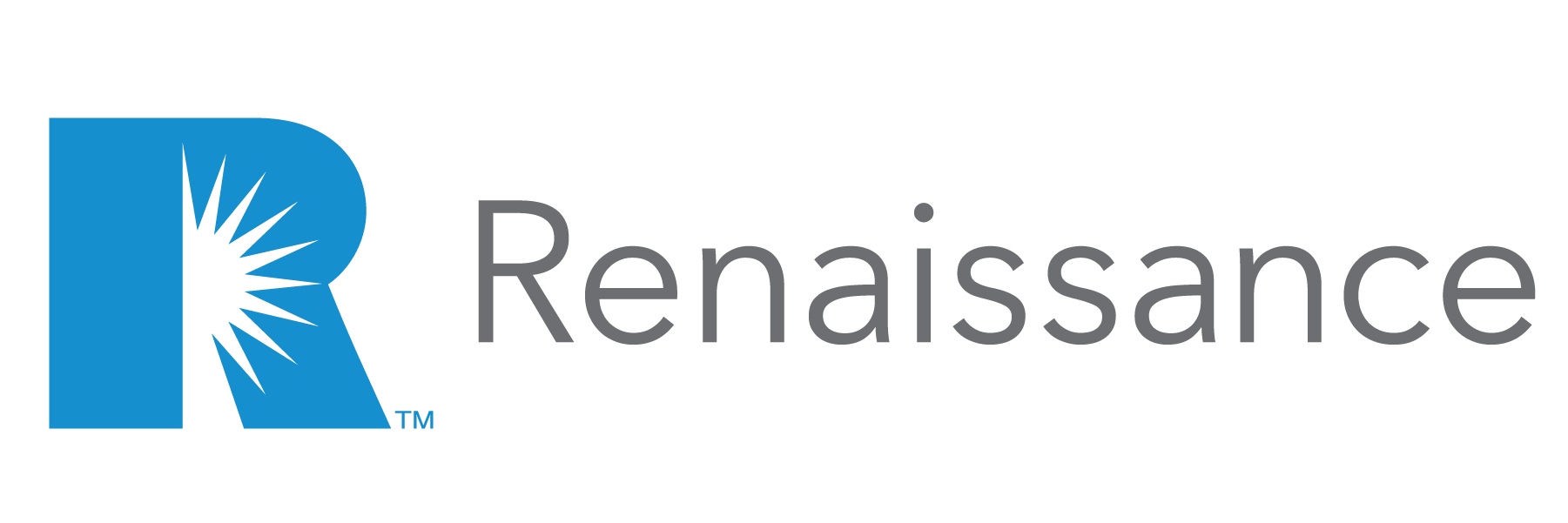As an agency principal, keeping current with new employment laws is an important part of agency management. Even if you have a payroll service or HR consultant, you should know how changing laws will affect your agency operations and staff. Plus, as a trusted business advisor, it’s important to know how these laws might affect your clients so that you can offer informed counsel about risk management. Here are key employment laws and issues kicking off the new year.
New overtime rules are in effect as of January 1, 2020.
New overtime salary thresholds have been pending for year, but they became a reality with the new year. Under the new rule, employees would have to earn at least $684 a week ($35,568 a year) to be exempt from overtime pay for any hours worked over 40 in a work week. There’s more complexity than just the financial trigger, however – to learn more about this, see our prior post on How New Overtime Rules Will Affect Your Insurance Agency.
Paid family leave laws
The states that currently have Paid Family and Medical Leave Insurance Laws laws that require workers or their employers to pay into state paid leave funds through payroll contributions are Connecticut, D.C., Massachusetts, New Jersey, New York, Oregon, Rhode Island and Washington. The National Partnership for Women & Families offer a helpful chart on Paid Family Leave laws that covers the status and effective dates of the law, along with information about which employers are covered and key provisions of the laws. Patriot Software offers a helpful post that talks about each state’s laws, covering various provisions of each law, such as whether employees, employers, or both contribute; which employees qualify for leave and for what reasons; and contribution and benefit amounts.
New state and local minimum wage increases as of January 1
At the start of the year, higher minimum wages kicked in for employees in 22 states and various municipalities. This chart from employment law attorneys Epstein Becker & Green lists new minimum wage rates that went into effect on January 1, 2020, unless otherwise indicated. (They note that some states have increases scheduled for later in the year.)
Renaissance Alliance agents in Florida will see a small bump in the state’s minimum wage, from $8,46 to $8.56. In Massachusetts, the increase raises the hourly rate from 12,00 to $12.75. Maine has a $1,00 bump, raising the minimum to $12.00. Connecticut also had a recent minimum wage increase – in September, it increased to $11.00 an hour. It is schedule to increase to $12,00 on September 1, 2020.
Will minimum wage increases have an impact on payroll and workers comp? NCCI did a study on minimum wage impacts on workers compensation a few years ago, determining that minimum wage workers comprise less than 2% of all workers on a countrywide basis. However, the share of hourly paid workers earning the minimum wage varies significantly by industry and occupation. The rate of minimum wage workers fro food service, for example, is 13.5% so if you insure restaurants and food service workers, you may want to keep an eye on the payroll impact. NCCI’s study looks at the potential impact on workers, employers, insurers and rating entities.
2020 is a leap year, so some employers face an additional payroll
One extra day can create a lot of headaches when it comes to payroll. In 2020, many employers who pay salaried weekly will face 53 payrolls and employers who pay bi-weekly will face 27 rather than the normal 26 pay periods. While this is true of 2020, an extra payroll isn’t exclusive to Leap Years. Sentric HR talks about what an extra pay period means and offers helpful resources to help you determine how to handle it. Employers face choices in how to handle the extra pay. 86% of employers just bite the bullet and pay the extra check – if you choose to do that, make sure that you make your employees aware of this “raise.” Other employers divide all pay periods by 27 or 53. This is more complicated. Although he annual salary is the same, it results in lower pay each pay period, which can be perceived as a negative and deflate morale unless thoroughly explained to staff. Sentric HR offers other options and issues a checklist and reminder that an extra pay period also has implications on deductions, benefit contributions, health plan deductions and more.
Related prior posts
Managing Millennials in Your Insurance Agency Workforce
The Two Biggest Hiring Traps Agents Fall into Every Day
Employment news your agency needs to know






